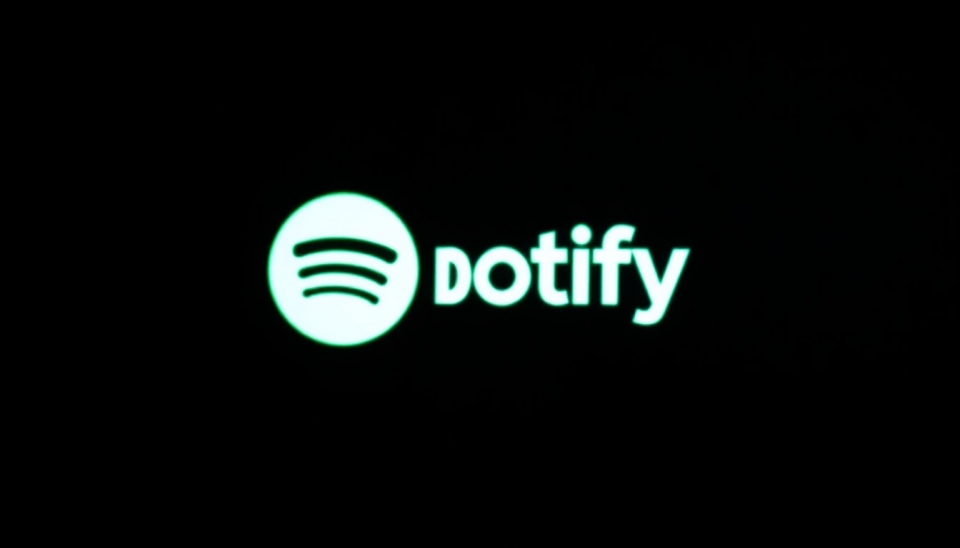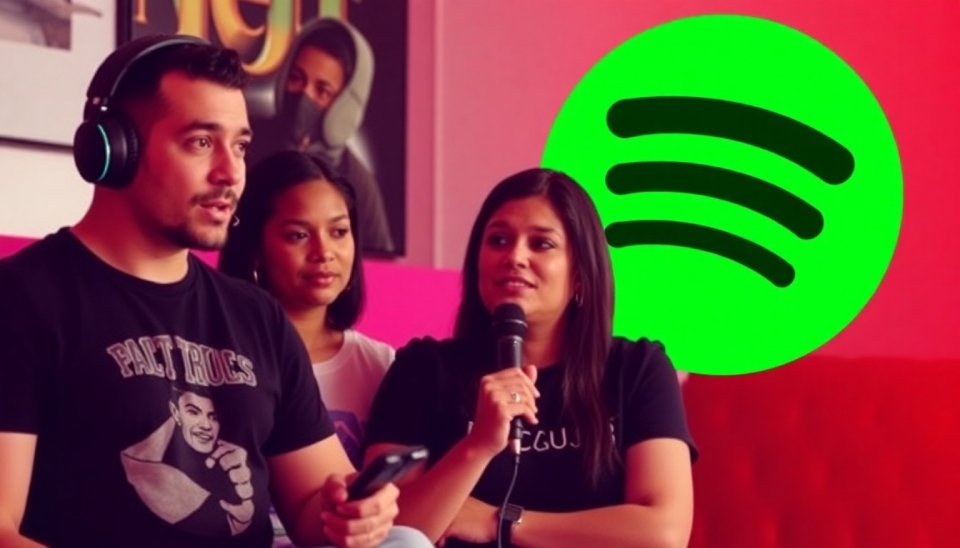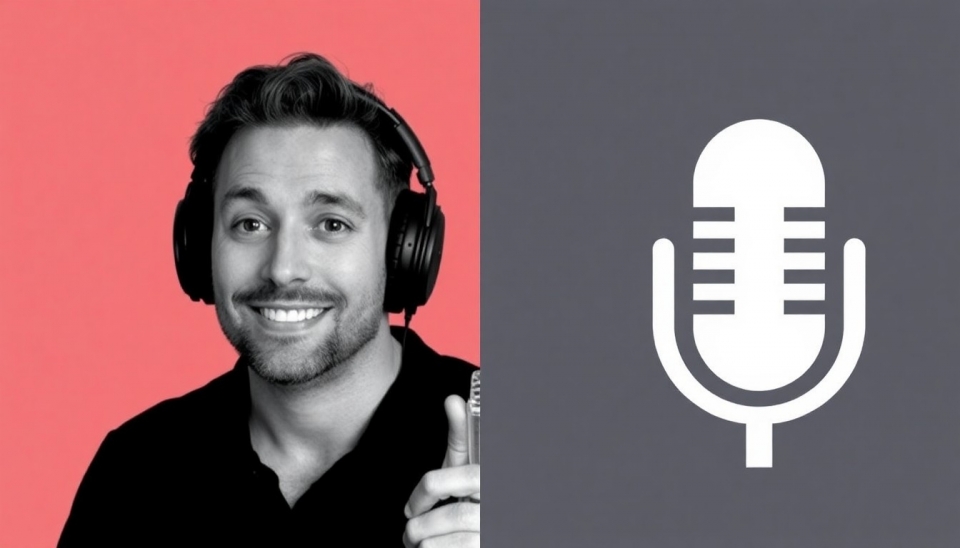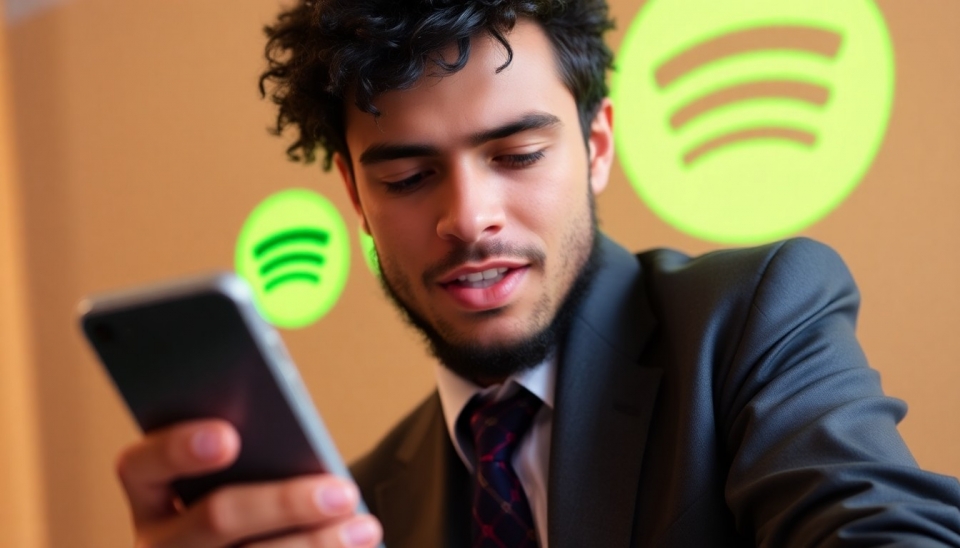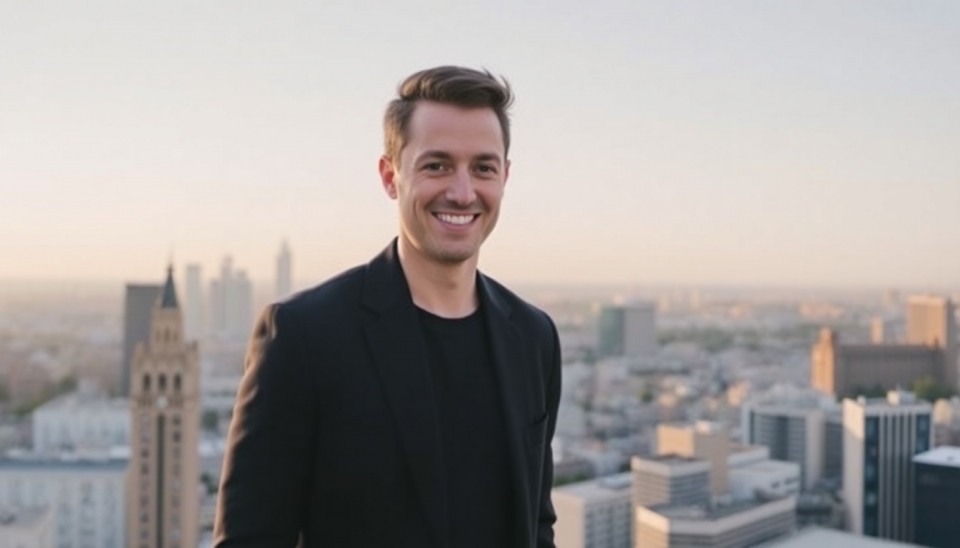
In a bold move to expand its podcasting reach, Spotify has intensified its efforts to attract popular YouTube content creators to its platform. This strategic push is fundamentally reshaping the landscape of podcast networks and challenging the long-standing dominance of established players in the industry.
Spotify's aggressive recruitment of YouTubers, who often boast millions of subscribers, aims to leverage their extensive followings and bring a fresh audience to its podcast offerings. By integrating well-known personalities from the video-sharing platform, Spotify hopes to enhance its user engagement and podcast listener base, while simultaneously offering these creators lucrative deals and innovative monetization opportunities.
The competition is heating up as podcast networks find themselves on the defensive, reacting to Spotify's commitment to making podcasting more accessible and appealing to prominent digital creators. Many traditional podcasting firms are now reevaluating their strategies and content offerings in a bid to retain their existing talent and attract new voices who may consider migrating to Spotify.
Notably, Spotify has already seen significant success by onboarding high-profile personalities, such as Joe Rogan and Michelle Obama. Their entrance into the Spotify ecosystem has demonstrated potential for massive listener growth, making it imperative for other platforms and networks to rethink their approaches to content and artist relationships.
This shift is not just about the influx of new creators; it represents a broader trend where digital content is increasingly converging across different media. Creators who have been successful on YouTube are now exploring podcasting as an extension of their brand, recognizing the growing appetite for audio content among their fan base.
Moreover, Spotify is continuously enhancing its platform capabilities to provide creators with tools that simplify recording, editing, and distributing their podcasts. By lowering the entry barriers and improving user experience, Spotify positions itself as the go-to platform for budding podcasters, leading to heightened competition in the space.
This dynamic can signal a potential reshaping of audience preferences, where listeners may follow their favorite YouTubers into the podcasting realm, thereby shifting listening habits from traditional podcast networks to platforms like Spotify. Consequently, this could lead to a drastic transformation in advertising revenue distribution, with brands aligning their campaigns more closely with the high-profile personalities that Spotify is courting.
As the conversation around podcasting and digital content evolves, Spotify’s shifts are sure to reverberate across the audio landscape. Observers will be keenly watching how podcast networks strategize in response, especially as more YouTube creators evaluate Spotify’s offerings compared to existing podcast networks.
In conclusion, Spotify's proactive push to sign YouTube creators forms a critical pivot in the podcasting ecosystem. As traditional platforms adjust to this influx and a new competitive atmosphere takes shape, the implications for content, creators, and advertisers will be significant.
#Spotify #Podcasts #YouTubeCreators #PodcastNetworks #DigitalContent #AudioStreaming #JoeRogan #ContentCreation #PodcastingTrends
Author: Liam Carter
